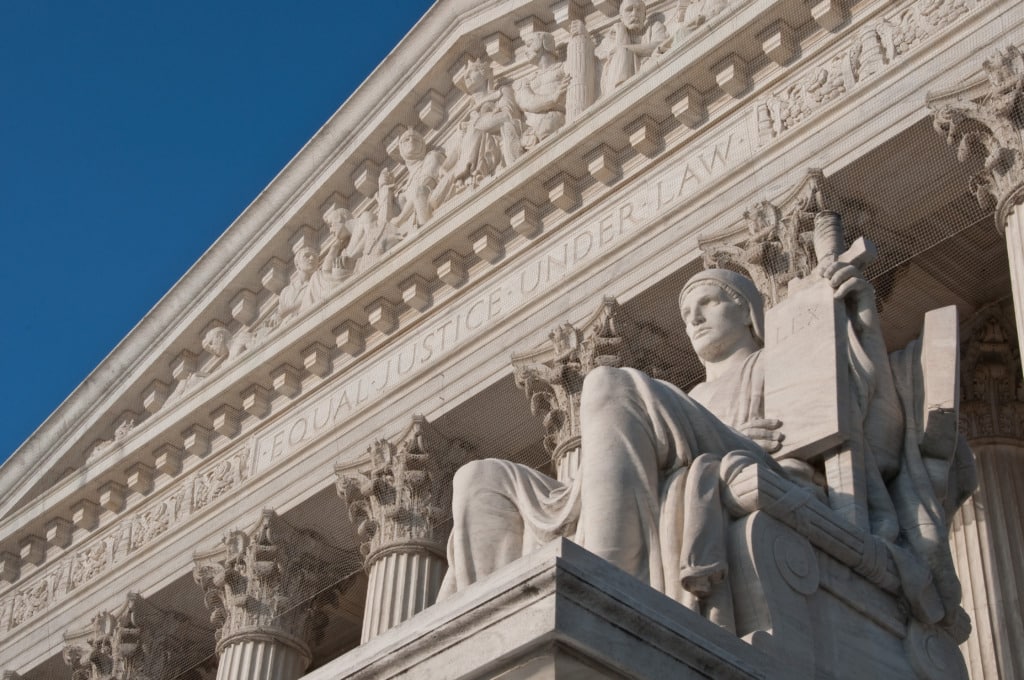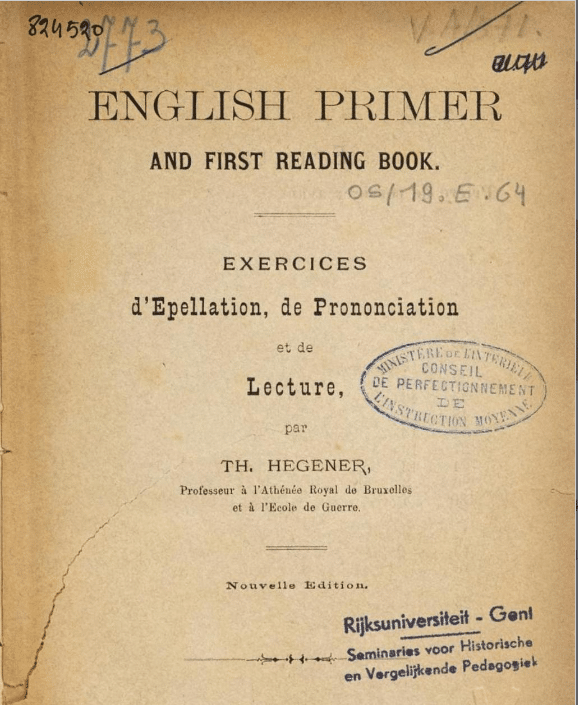Actually, Courts Love the Third Restatement: A Response to Listwa
Every author knows the mixture of excitement and trepidation that follows publication as you wait for the reviews to roll in. For Reporters of Restatements, the sentiment is perhaps more acute: there is one audience that is particularly important, judges, and one question that matters: will they find the Restatement helpful? It is gratifying whenever…
Continue ReadingA Warning Sign? The Washington Supreme Court Declines to Adopt the Draft Restatement (Third)
The Washington Supreme Court recently issued its decision in Erickson v. Pharmacia LLC, one of a number of related lawsuits filed by teachers and their family members seeking damages for chemical exposure at Washington schools—cases collectively seeking over a billion dollars in damages. While the case is significant in its own right, it is of particular…
Continue ReadingSome Thoughts on Great Lakes Insurance SE v. Raiders Retreat Realty Co., LLC
The U.S. Supreme Court will hear oral arguments in Great Lakes Insurance SE, Petitioner v. Raiders Retreat Realty Co., LLC during the 2023 Term. This case has the potential to change the way that federal courts evaluate the enforceability of choice-of-law clauses. Over the past few decades, these provisions have become ubiquitous. One study found…
Continue ReadingFederal Law and Choice-of-Law Reform
How much should federal law have to say about the choice-of-law rules used by federal courts in diversity cases? In Klaxon v. Stentor Electric Manufacturing Co., Inc., the U.S. Supreme Court held that federal courts sitting in diversity should apply the choice-of-law rules prevailing in the states in which they sit. This post defends the…
Continue ReadingChoice-of-Law Statutes?
American choice of law relies primarily on common law methods that differ from state to state. Determining the relevant law when a dispute has a connection to more than one state can be difficult. When the dispute is transnational, the difficulties increase, particularly if the forum state’s choice-of-law rules incorporate a home-state bias. Oregon’s response…
Continue ReadingA Primer on Choice of Law
Choice-of-law rules are used to determine the rights, duties, and liabilities of persons involved in a case with a connection to more than one jurisdiction. In the United States, most choice-of-law rules are state law; the federal government rarely legislates in this area. Courts in the United States apply the same choice-of-law rules to international…
Continue ReadingNow or Then? The Temporal Aspects of Choice-of-Law Clauses
Several years ago, I published a paper that examined how U.S. courts interpret choice-of-law clauses. That paper contains a detailed discussion of the most common interpretive issues—whether the clause selects the tort laws of the chosen jurisdiction in addition to its contract laws, for example—that arise in litigation. There was, however, one important omission. The…
Continue ReadingSide-Stepping the Dismal Swamp: A Reply to Roosevelt
In a recent post, we sought to call attention to what we see as two issues with the way the draft Restatement (Third) of Conflict of Laws embraces a specific theory of choice of law called the “two-step” approach. First, we suggested that there is a disconnect between the “two-step” approach and the Restatement’s black…
Continue ReadingWhat the Restatement Actually Says: A Response to Brilmayer and Listwa
In a recent post, Lea Brilmayer and Dan Listwa argue that there is a contradiction in the draft Restatement (Third) of Conflict of Laws, for which I am the Reporter. They claim that the Restatement’s two-step model for choice of law is in fundamental conflict with its statement of blackletter rules, and they argue instead…
Continue ReadingA Theory-Less Restatement for Conflict of Laws
For the first time in over half a century, the American Law Institute (“ALI”) is drafting a new Restatement of Conflict of Laws. The world has changed a great deal since 1971 when the Restatement (Second) was published, growing far more interconnected—so the idea of a new Restatement, taking into account the last few decades…
Continue Reading





